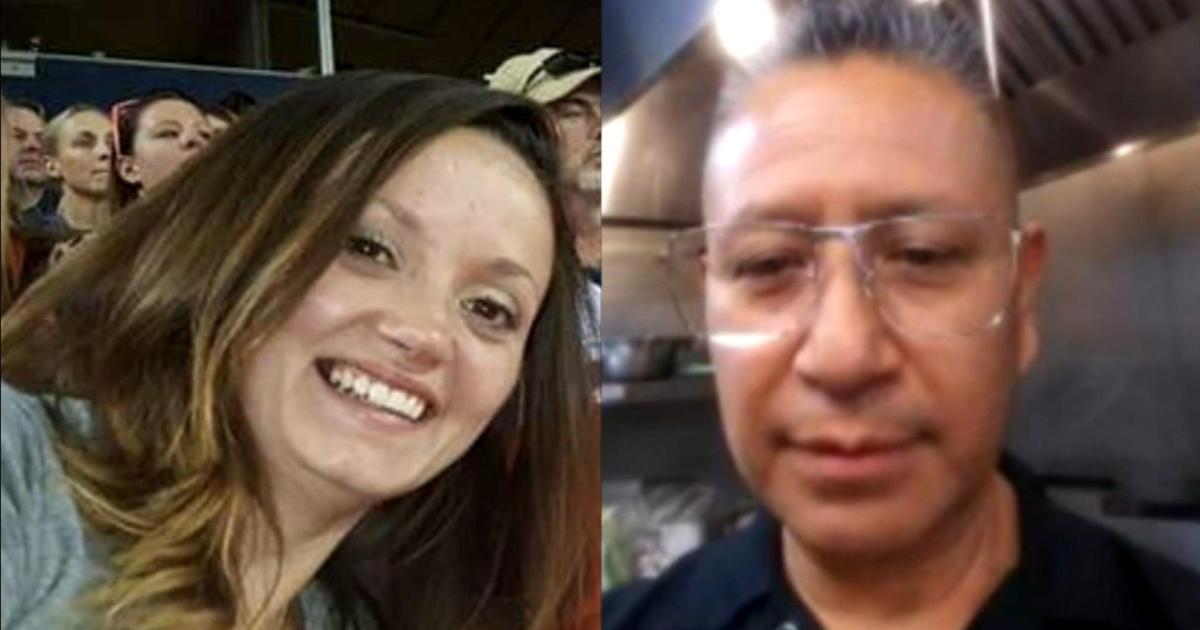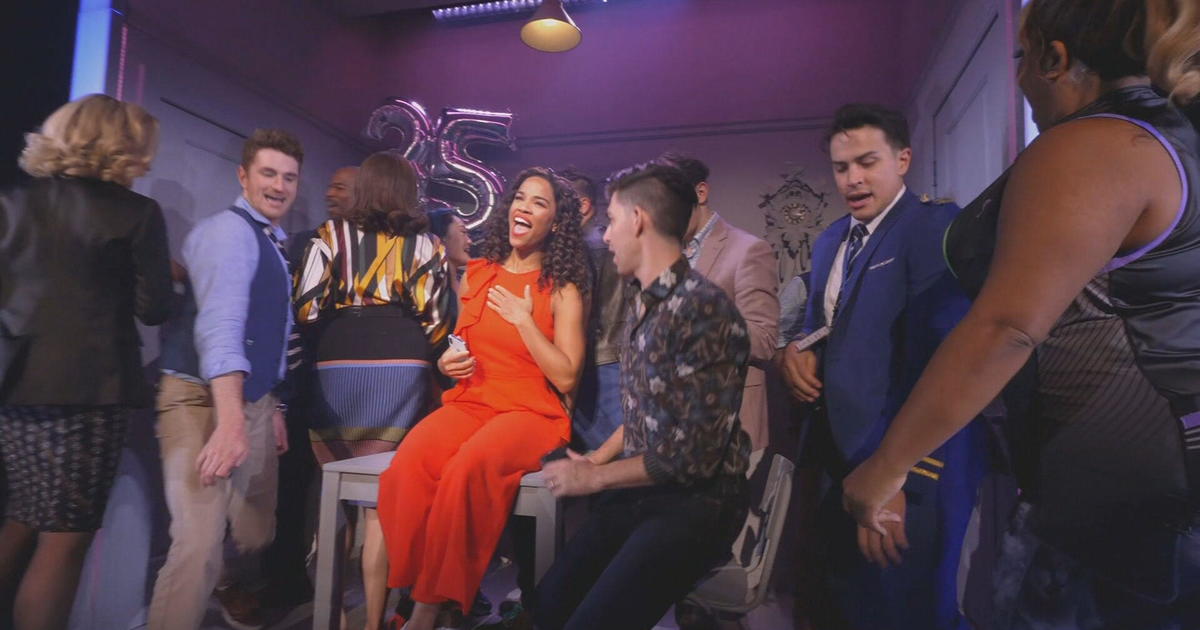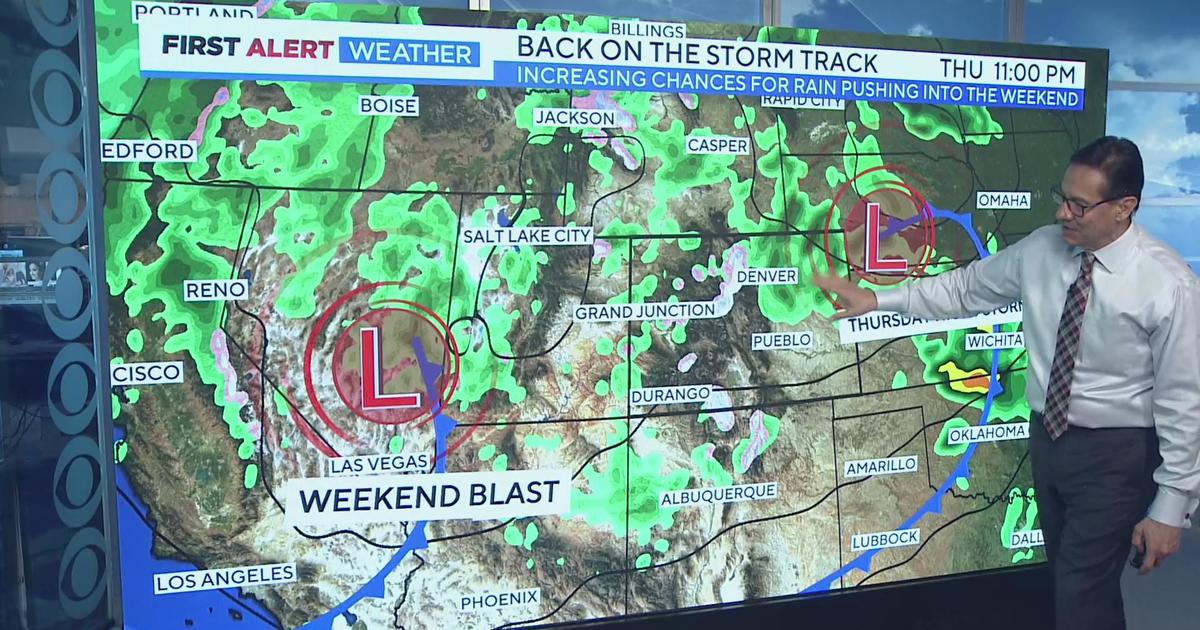Can Faithless Electors Change Outcome Of 2020 Election?
DENVER (CBS4) - It's a contentious presidential election and sure enough, the idea of "faithless electors" is coming up again. Colorado played a big role in the country's current view of faithless electors after the 2016 election and a U.S. Supreme Court ruling that followed, in the middle of this year.
"Our position, which was upheld, was that you had to be able to case a legally authorized vote," said Colorado attorney general Phil Weiser, who argued the case successfully to the court. "In a sense, it's like casting your ballot without signing your vote, which is illegal. Those votes aren't counted."
The Supreme Court sided with Colorado unanimously, saying, in effect, that legislatures set the procedures for choosing electors to the Electoral College -- and have leeway.
In Colorado, the nine electoral votes are winner-take-all, and go the electors selected by the party of the presidential candidate who won the state.
In 2016, when Hillary Clinton won the popular vote in Colorado, the Democratic party submitted the electors, including Micheal Baca. All were expected to cast ballot for Hillary Clinton in the Electoral College, which was a losing endeavor, because then-candidate Donald Trump had earned a winning number of the Electoral Colleges' 538 votes.
Baca instead voted for Ohio's moderate Republican governor John Kasich, hoping to ignite an anti-Trump movement in an effort to short Trump of the 270 votes needed to win the presidency.
"I thought there was enough movement within the Republican party that the movement was already there," said Baca from Las Vegas Thursday night. "They just needed some Democrats to step up and put our country above our party."
It didn't work. Baca was yanked by then Secretary of State Wayne Williams and replaced.
"I was in a position where I was in a representative democracy where I had that free will, or so I thought," said Baca. "If I had voted for Secretary Clinton, that would have guaranteed Donald Trump. They did not want Donald Trump. So I was trying a third, middle-ground option."
His vote was voided and he was replaced with another elector who did vote for Hillary Clinton.
"That is exactly the position that we said," said Weiser. "If you try cast an incorrect vote, it's legally void. It doesn't count and in this case if that's what you're doing you get removed and someone that's going to cast a legally correct vote, takes your place."
Colorado is prepared for this election after getting backing from the court. Its law requires electors to vote for the candidate who won the popular vote in the state.
"I'm most grateful we won that case because I don't want to think about the world going rogue or getting bribed," said Weiser. But not all states do require it, notes CU Boulder Political Science Chair Kenneth Bickers.
But switching a vote to the opponent from another political party hasn't been done since the election of 1796 when John Adams defeated Thomas Jefferson. It's not viewed as likely in this election.
"In this environment that's so polarized, it's really hard to imagine an elector doing that," said Bickers. "Because if they do they'd better have a plan for where in the world they're going to go relocate very quickly after that faithless vote has cast."
Baca agreed.
"If you have 270 electors for one party, I don't think they're going to give up that power for another party."



